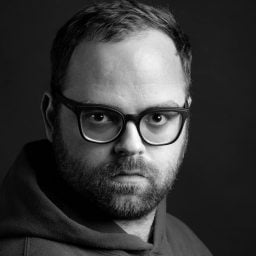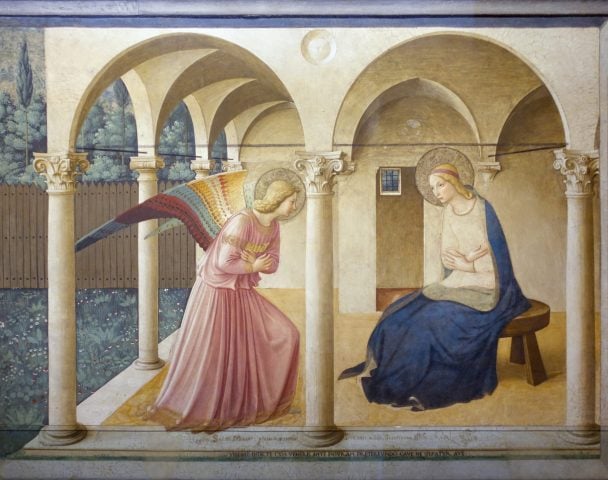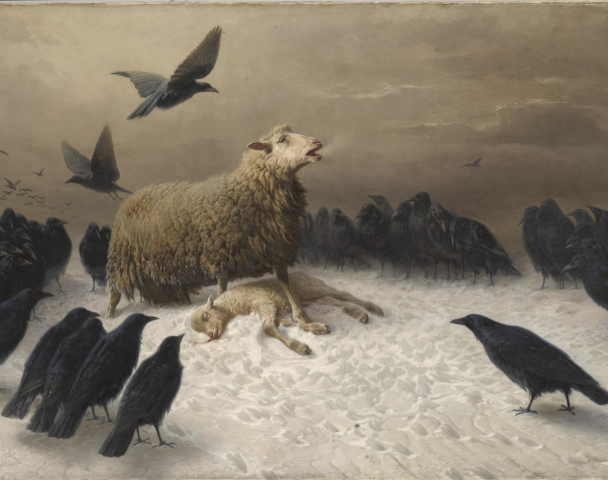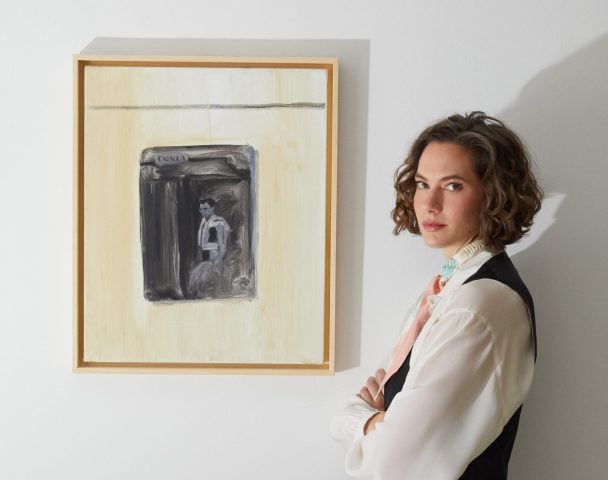Museums & Institutions
The Frick Gets the Go-Ahead to Add 14 Bars to Its Premises—Down From a Proposed 17
The initial bid for 17 bars had the residential community fearing that the museum would turn into a "high-class party space."
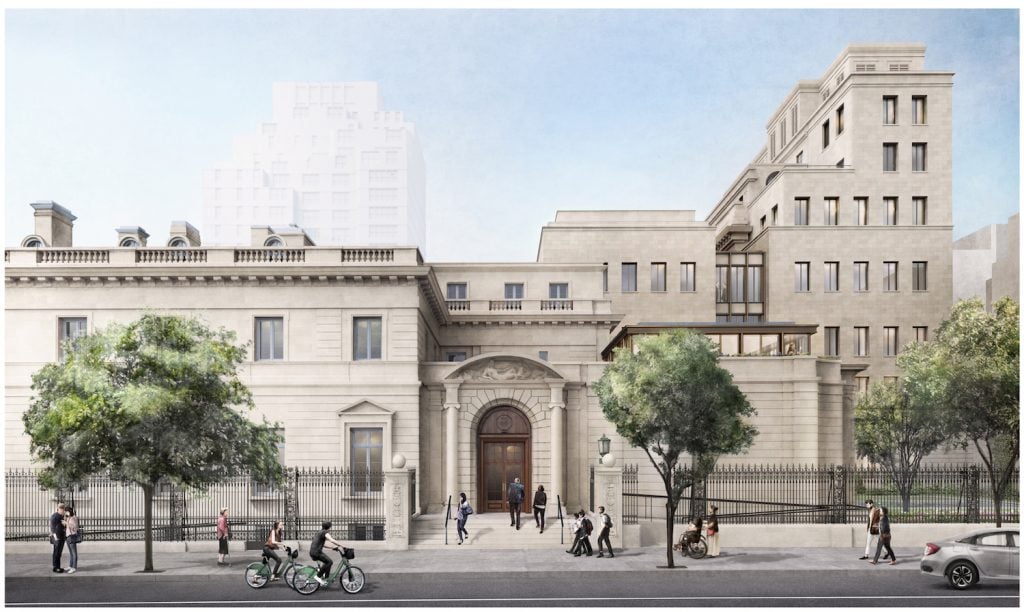
After residents on the Upper East Side of Manhattan claimed they were blindsided by the Frick Collection’s plans to serve liquor from 17 bars inside the newly renovated museum, the institution has reached a concession with the neighborhood for just 14 bars. The museum at One East 70th Street is set to relaunch later this year after closing its doors in late 2020 for a renovation.
The Frick will have a “small” restaurant on the second floor of its reception hall, museum spokesperson Heidi Rosenau said in an emailed statement. She asserted that the museum is not adding any bars inside, alluding that the 14 bars relate only to special events.
“The application for our liquor license is structured to accommodate this restaurant, the first in our history, as well as events at the Frick, aligned with our previous and current operations,” Rosenau said. “The bars listed in Frick’s application merely reflect the locations of bars throughout its building that are used for these events, and are largely the same bar locations we had prior to our renovation.”
Benjamin Kallos, an individually practicing lawyer serving as co-counsel with Armstrong Teasdale representing the East 70th Block Association, provided Artnet with the list of stipulations surrounding the restaurant—as agreed upon by the museum and residents. The museum explicitly agreed in the stipulations that its mission will not be that of a catering hall.
“Taken together, the extensive stipulations that the Frick and the block association were able to collaborate on addressed concerns that a high-class party space would be created while providing the flexibility necessary to support the museum’s mission,” Kallos said in an email.
The block association originally had concerns about plans for 17 bars, which the Frick reduced down to only 14 locations while agreeing not to use more than 10 bars at any given time without prior notice to the community. Those have been clarified as separate from the restaurant and only in the case of events.
And the museum had initially neglected to include an end time for catered events, which have now been reduced from 4 a.m.—the citywide cutoff—to 11 p.m. Some events with more than 50 people may go to midnight with prior notice to the community.
In a meeting of the local community board on December 5, 2023, the museum when pressed by members of the board agreed to reduce their hours to 2 a.m. The final stipulations mark a further reduction on the part of the museum.
Further, the museum has agreed to not offer bicycle deliveries (residents had feared it would become a “bicycle hub”), limit seating at the restaurant to just 68 patrons and will not offer any “drink specials,” play live music or allow dancing. The museum will allow dancing, live music, and DJs during certain events as is standard at such institutions. Such things as garbage removal, noise control, and other stipulations were also outlined in the latest document.
Residents were initially “shocked” to see a proposal for 17 liquor service bars for customers during special events, Kallos said at the meeting in December. The bars would measure six by six feet, providing more than 204 linear feet of bartending space. According to Kallos, residents only learned of the liquor application in November and view it as being two separate applications, one for a restaurant and another for an event space.
“We are requesting no more than five liquor service bars with no more than 60 total linear feet at any one time,” Kallos said. “We’re asking for a limit on capacity at 400 for the Frick Collection when they have their own events and 200 for Hudson Yards-catered events.”
Residents had also sought a limit on after-hours events to two per month and to ensure that no alcohol is served while students are in the building for educational programming. The museum and residents did not seem to address those concerns in the latest stipulations. But the Frick has established a hotline for local residents and police if issues arise during such events.
In the December meeting, Kallos compared the hours for the Frick Collection to other museums, requesting that it maintain its hours listed before renovations began without extending hours of operation for the café. “Their licensed area isn’t for a restaurant,” he told the community board. “If it was for a restaurant, we wouldn’t be here.”
He said that the museum was seeking an “overbroad” license area of 11 floors in some places and 14 floors in others, essentially the entire building including their conservation studios. “That’s a concern for us,” he said, “because that’s where our shared cultural heritage would be put at risk.”
He added: “The block association supports the Frick’s educational mission and their needs to expand the space dedicated to educational activities. However, the block association, representing a residential community, opposes turning the Frick Collection into high-class party space.”
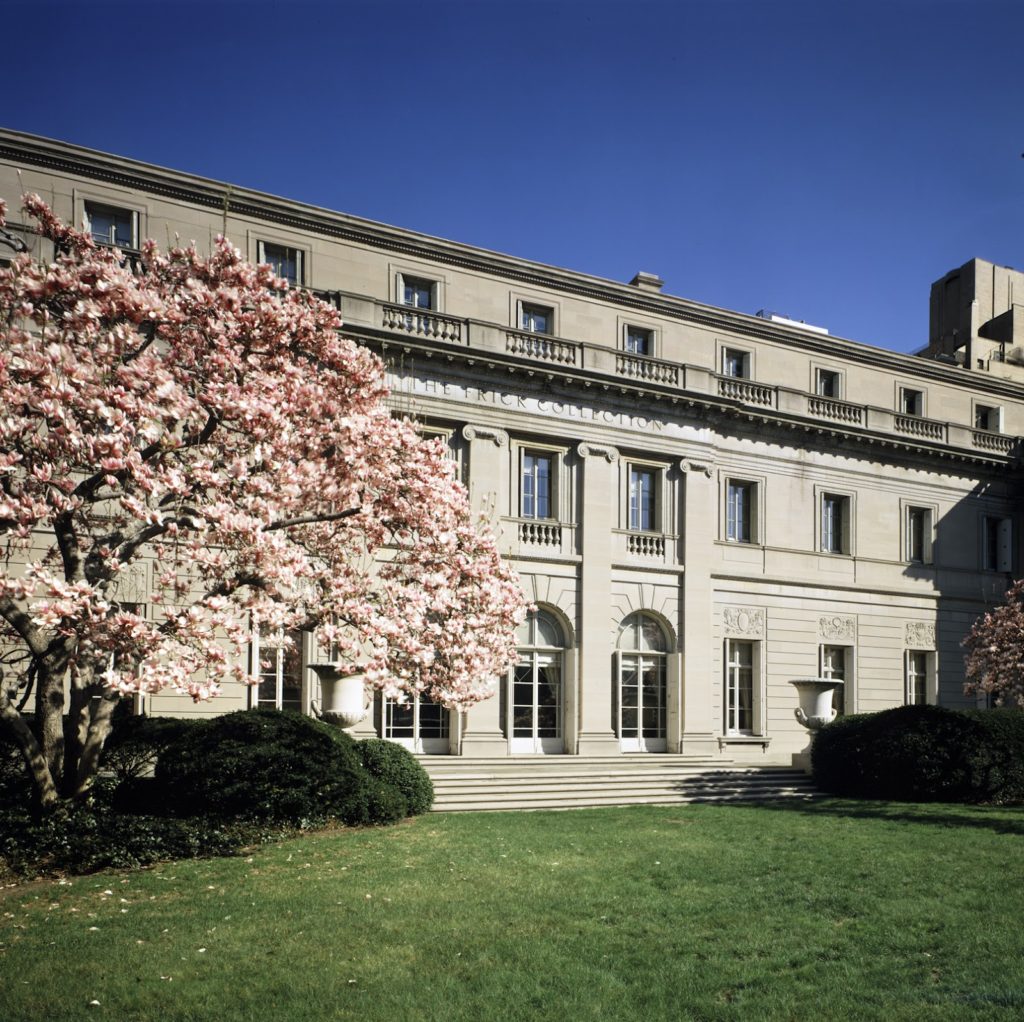
The Frick Collection’s Fifth Avenue garden and facade (looking toward 70th St.)
Photo: Galen Lee, courtesy the Frick Collection.
In a standard notice form provided to the local community board in November, the Frick listed that it would house a new restaurant with a full kitchen and menu with DJs and recorded music, as well as “occasional” live jazz and classical music. Jonathan Bing, an attorney representing the Frick, pushed back on the characterization of the museum’s unnamed restaurant as a catering hall.
“This is a restaurant that’s going to take place in the Frick Collection building,” Bing said, according to Patch. “That is the primary purpose of this application. There will be a limited number of events in the building, as there always have been probably dating back since 1934.”
Bing indicated that the museum has pushed for an extensive liquor license and restaurant to avoid worries of obtaining one-day catering permits for events in the future, but that otherwise operations would remain “the same as before.”

